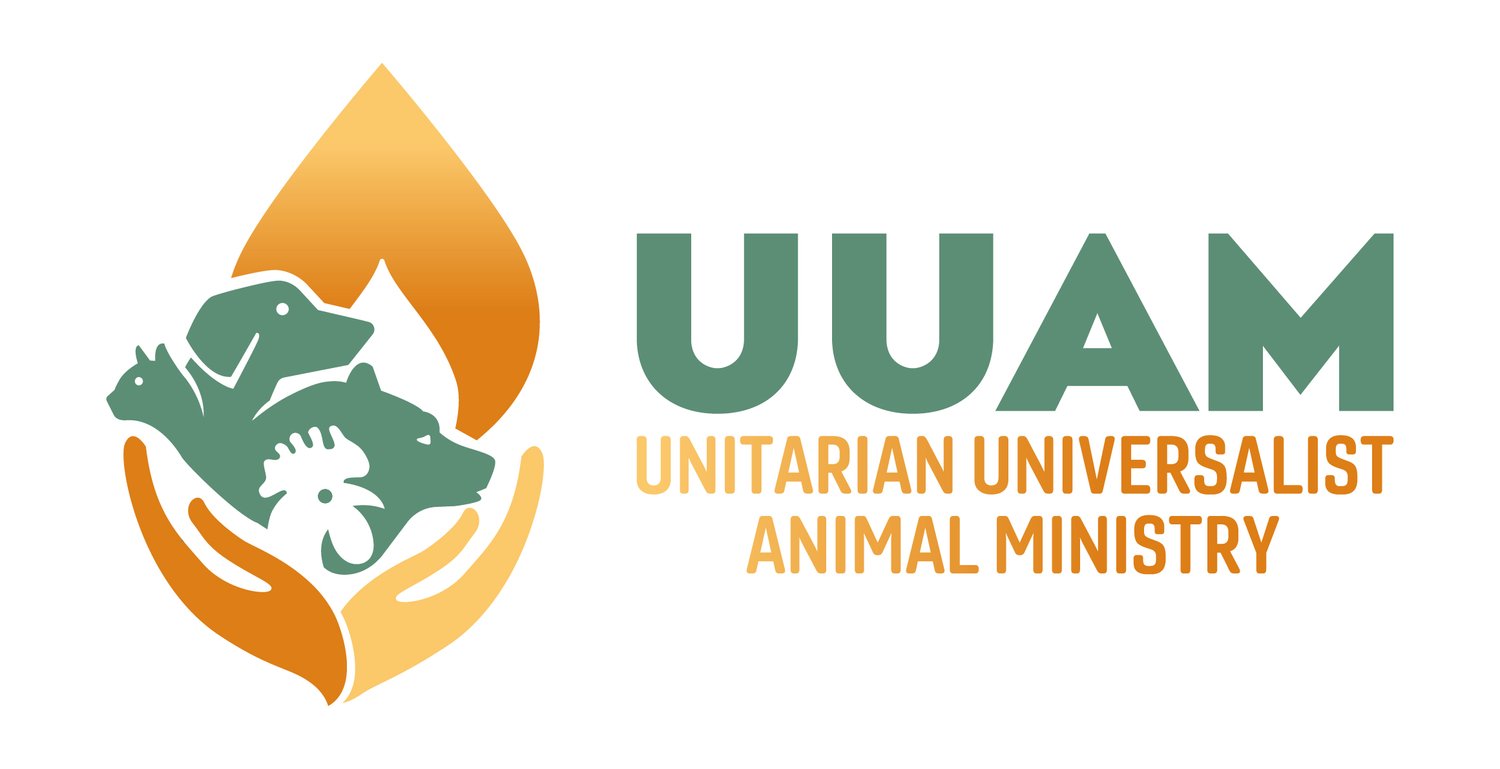Less Meat = Less Heat: Addressing Climate Change
Climate change is a global catastrophe already having significant impacts on the planet, people, and other animals. The livestock industry—specifically the production of meat, dairy, and eggs for human consumption—is a massive contributor to the greenhouse gas emissions causing climate change.
Raising livestock for meat requires large amounts of land, water, and other resources, and the animals themselves produce methane, a potent greenhouse gas, through their digestion. Meat and dairy production is the largest source of human-caused methane, from enteric fermentation (a digestive process of ruminants like cattle) and manure emissions.¹ According to the United Nations Food and Agriculture Organization, the livestock sector is responsible for 14.5% of global greenhouse gas emissions²—as much as the world’s entire transport sector: all cars, trucks, planes, trains, and ships combined.
In fact, if cattle were their own nation, they would be the world’s third-largest emitter of greenhouse gases.³ ⁴
In 2018, Oxford University researchers published in the journal Science a study of nearly 40,000 farms in 119 countries that found “meat, aquaculture, eggs, and dairy use ~83 percent of the world’s farmland and contribute 56 to 58 percent of food’s different [greenhouse gas] emissions, despite providing only … 18 percent of our calories.”⁵
The impact of meat production on the environment goes beyond just greenhouse gas emissions. Deforestation, for example, is often carried out to create land for livestock grazing or to grow feed crops for the animals. This destruction of forests not only releases carbon dioxide into the atmosphere, but also destroys the habitats of wild animals, leading to their decline or extinction.
Unitarian Universalism teaches that it is our moral responsibility to care for the earth and its inhabitants. As such, many Unitarian Universalists are increasingly choosing to reduce or eliminate their meat, dairy, and egg consumption in order to decrease our impact on the environment and to protect the planet for future generations. The Unitarian Universalist Association’s 2011 Statement of Conscience, “Ethical Eating: Food and Environmental Justice,” calls on Unitarian Universalists to mitigate climate change through “increasing our proportionate consumption of plant-based foods.”
UUAM’s Executive Director Rev. John Gibb Millspaugh states, “Sometimes when facing a problem as vast in scope as the climate crisis, it feels like the actions of an individual, institution, or state do not matter. In fact, when it comes to climate change, the opposite is true. Every fraction of a degree of temperature rise in the decades ahead will have consequences, particularly for the world’s most vulnerable. So every action matters, every bit of climate change mitigated matters, and every meal matters.”
UUAM encourages Unitarian Universalists to find hope that the worst climate scenarios can still be avoided. No one person, institution, or country can do everything. Still, we can each do something. Do what you can, knowing that every day, more and more people are doing the same. And please donate to UUAM so that we can keep this good work going.
Endnotes:
1 “Overview of Greenhouse Gases,” US Environmental Protection Agency. Accessible here.
2 “Key Facts and Findings,” Food and Agriculture Organization of the United Nations, accessed January 9, 2023. Accessible here.
3 “Plant-Rich Diet,” Project Drawdown. Accessible here.
4 Sarah Kaplan, “Are my hamburgers hurting the planet?”, Washington Post, November 18, 2019. Accessible here.
5 J. Poore and T. Nemecek, “Reducing Food’s Environmental Impacts through Producers and Consumers,” Science, Vol 360, Issue 6392, June 1 2018, pp. 987-992. Accessible here.

